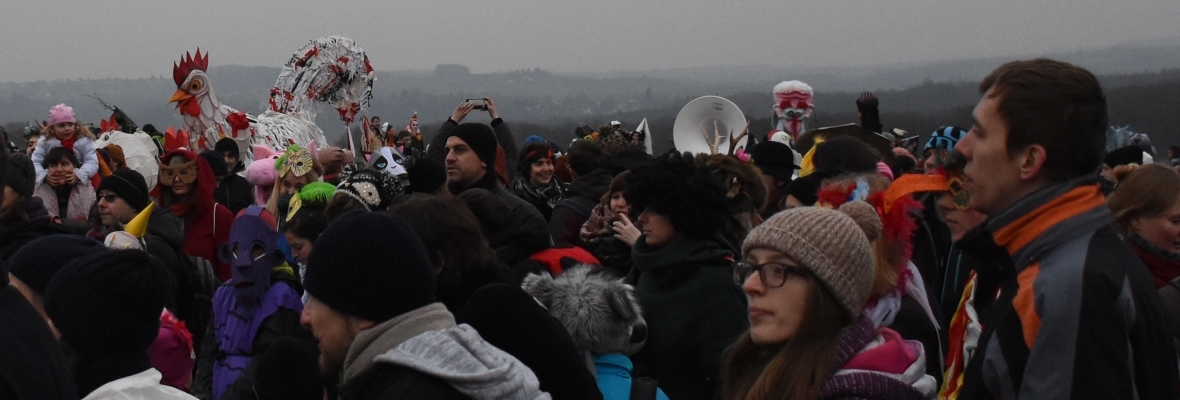
TiCToC: Times in Crisis, Times of Crisis: The Temporalities of Europe in Polycrisis
TiCToC: Times in Crisis, Times of Crisis: The Temporalities of Europe in Polycrisis
Mon Mar 31 15:31:06 CEST 2025

The Department of Memory Studies has been awarded a European project which started on 1 March 2025.
The project TiCToC: Times in Crisis, Times of Crisis: The Temporalities of Europe in Polycrisis has received funding from CHANSE, Collaboration of Humanities and Social Sciences in Europe, and HERA.
The project explores the temporal registers of crisis, the vernacular articulation of life in turmoil, and the cultural dynamics expressed in crisis contexts. The central contention is the need to unravel what we term ‘times in/of crisis’. Critically, what distinguishes ‘crisis time’ from ‘normal time’?
It is often said that Europe is in polycrisis: Climate, economy, migration, democracy, armed conflict and academia are pertinent fields where crisis abounds. This project offers empirical, methodological and theoretical apparatuses to better analyze what such crisis attentiveness effects, interrogating what the diverse yet now common category of ‘crisis’ accomplishes. Offering ethnographic takes on philosophical questions concerning ‘times in/of crisis’, each work package addresses three temporal pins – past, present, and future. Centered in anthropology and working across art, history, ethnology, memory studies, and philosophy, this project critically places time at the heart of crisis work, asking what it means to live in times of crisis, how crisis changes over time, and how crisis is perceived in hindsight.
The work packages focus on individual nodes of polycrisis in three regional settings: Eastern Europe (war and conflict), Mediterranean (economy), Scandinavia (migration), with shared research questions designed to aid comparison and comprehension. Empirically, the project highlights the diverse ways times of crisis are inhabited, methodologically it shows how times of crisis are expressed in art and literature, and theoretically it poses socio-philosophical questions concerning the temporal coordinates of crisis. Beyond the academy, activities will engage cooperation and associate partners at the National Museum of Denmark, EthnoFest, Open Society Archives, Post Bellum, Divadlo Feste, and the Slovene Ethnological Association.
Consortium:
- Project Leader: Andreas Bandak, University of Copenhagen, Denmark
- Daniel Knight, University of St Andrews, United Kingdom
- Heath Cabot and Synnøve Bendixsen, University of Bergen, Norway
- Saša Poljak Istenič, Znanstvenoraziskovalni center Slovenske akademije znanosti in umetnosti (ZRC SAZU), Slovenia
- Vlad Naumescu, Central European University, Austria
- Jana Nosková, Institute of Ethnology of the Czech Academy of Sciences, Czechia
More information: https://chanse.org/tictoc/

